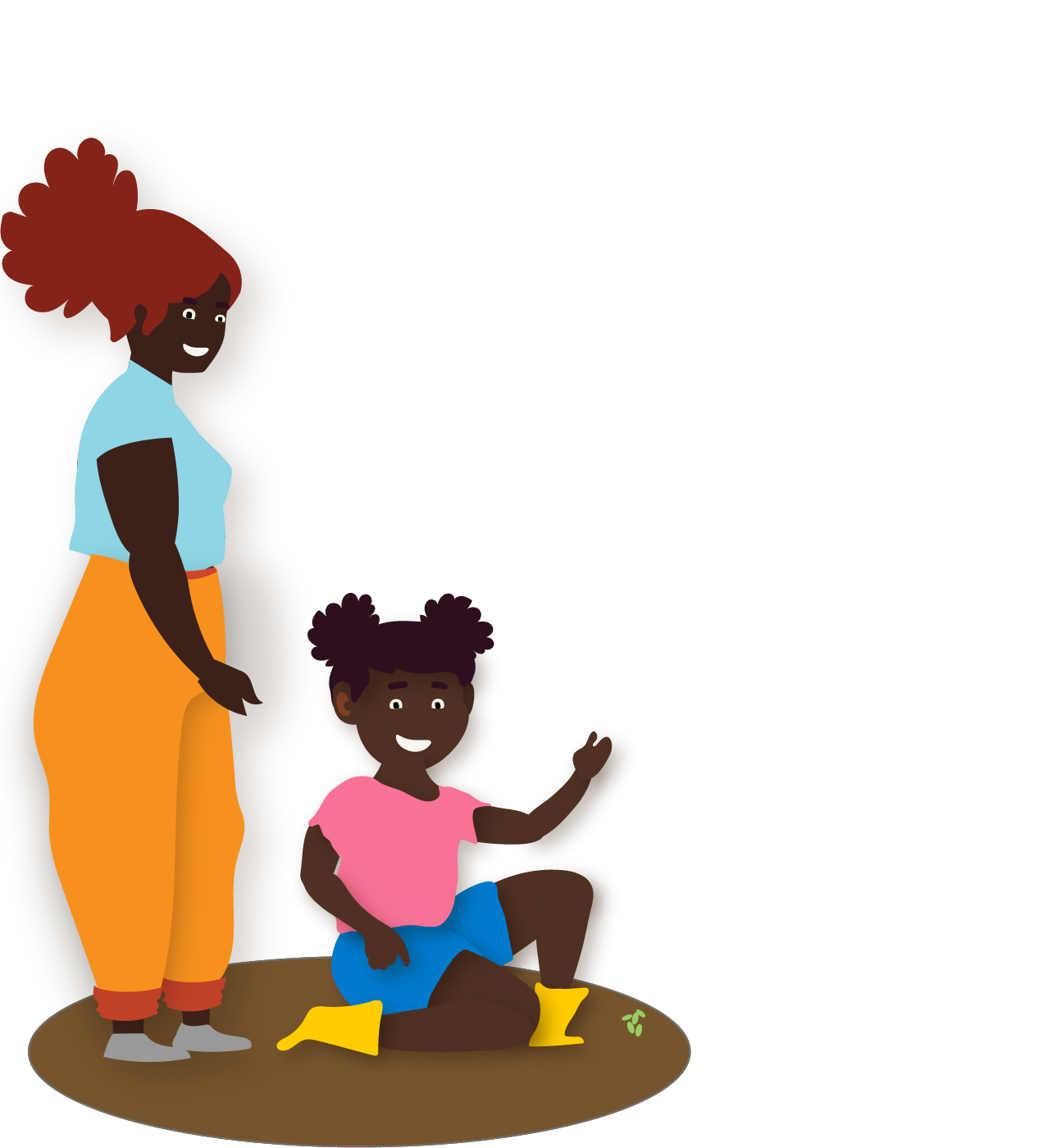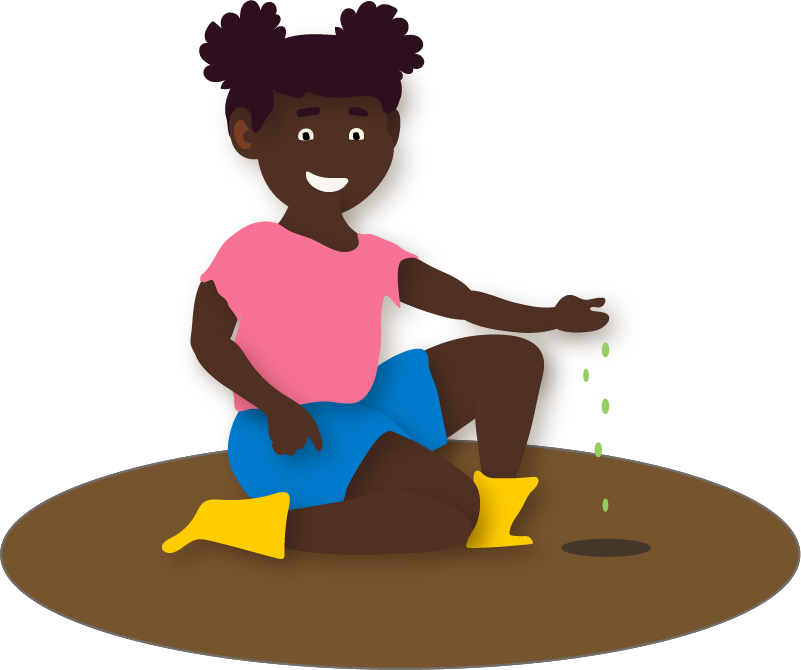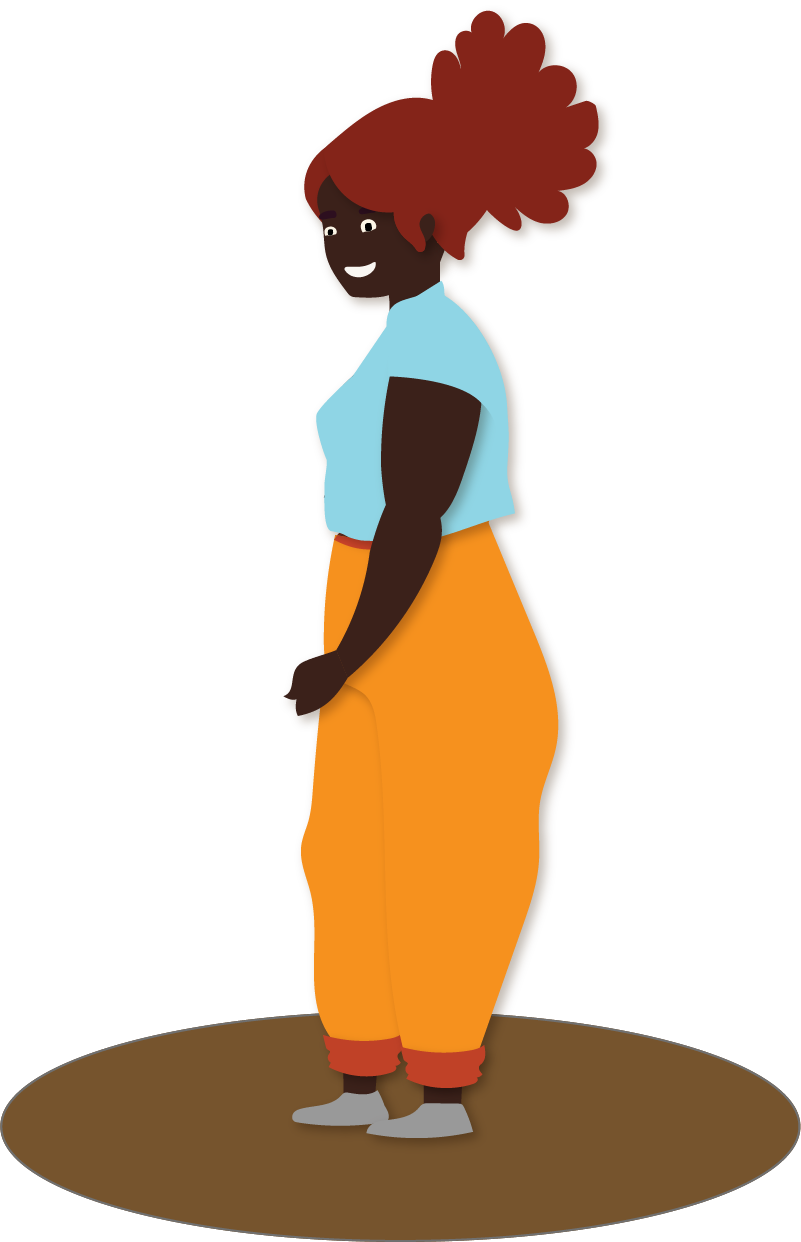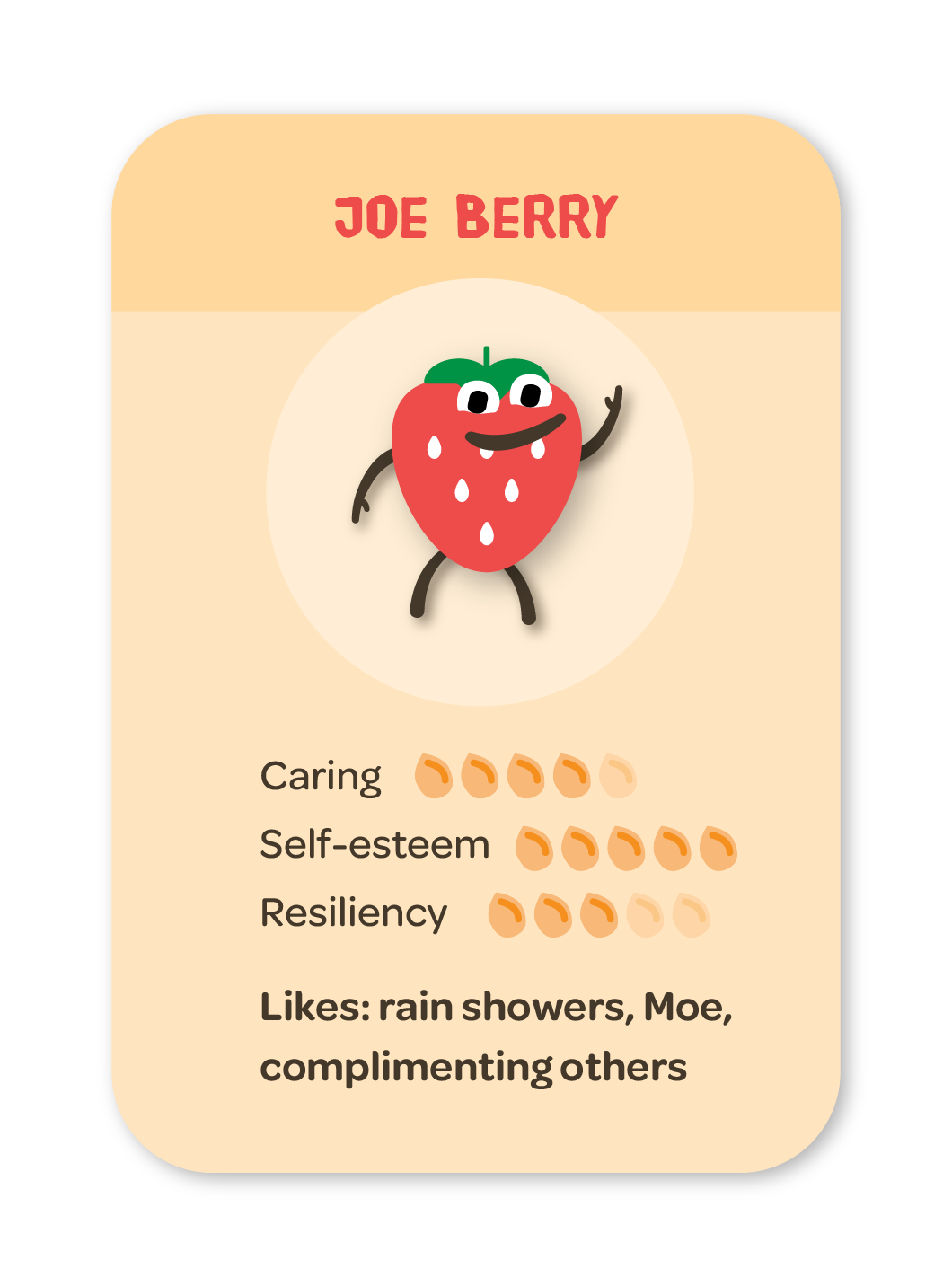Welcome to our praise lesson
- In this section, you will learn
- What praise is
- Why praise is important
- How to use praise to improve behaviors

PRAISE overview
What is praise?
- Telling your child about the things they do well or things you value about them.
- Complimenting your child and their choices.
- Saying positive things about your child and specific behaviors.
- Celebrating good things your child does.
Praise is most useful when it is specific and meaningful.

What does praise sound like?
-
Thank you for helping me.
- Thanks for putting away your clothes.
- I like the colors you’re choosing.
- You’re doing a great job concentrating on building.
- I love how kind you are.
- Thank you for asking nicely.

Praise live in action
Why is praise important?
Click below to read more:
All people need to feel loved, valued, and worthwhile. Children learn to value themselves when their caregivers praise them.
You might praise “You are such a good helper” or “I love how kind you are.”
People want to be around people that make them feel good.
Tell your child when you like what they’re doing. Sometimes a simple “I love you” can go a long way.
Praise helps children feel acknowledged and liked. Part of creating a warm, positive relationship is noticing and acknowledging children’s neutral behaviors and choices.
You might praise “I like the colors you’re choosing” or “thanks for telling me about your day.”
When you praise specific behaviors, those behaviors will increase. Praise works best when used with strategic attention and avoiding negatives. Children will do what gets them the most attention, but they would rather get your positive attention.
Imagine your child often screams. In this case, whenever your child asks nicely or speaks kindly, you can praise them. For example, “Thank you for asking nicely” or “I like hearing your kind words.”

When and how should I praise?
Learn how praise can be used by selecting a specific difficult behavior below.
More: Learn how praise can be used by selecting a specific positive behavior/goal below.
Pay attention to your words
Click below to read more:
Some types of praises are not helpful. They can set kids up to be self-conscious and to give up when things are hard.
- Avoid praising kids for beauty (pretty, cute) or body type (skinny, curvy). Instead, try praising behaviors like “choosing cool outfits,” “being kind and fun,” and “making healthy choices.”
- Avoid praising kids for intelligence (smart). Instead, try praising behaviors like “working hard,” and ”sticking with it.”
Try to be as specific as possible when you praise. “Thank you” or “great job” are good to hear but can be misinterpreted.
- Your child might not know what they did well.
- They might think you are praising a different behavior.
- They might interpret your praise as insincere.
Make sure to add the specific behavior or quality you are praising.

Caregiver Voices
Other caregivers share about using praise with their children:
“It’s the little things that you look past, like praising your children a lot You know, ‘Hey, thanks for getting that to your sister.’ ‘Hey, good job sharing.’ You know, ‘you guys are being so nice.’ You know, giving them that praise, their whole attitudes and stuff completely changed.”
“He realized that if he does what mommy’s asking him to do, that’s a happy thing. Like he gets all the good, ‘Thank you so much. You’re doing such a great job. That was amazing.’ And so it makes him feel good about what he’s doing as well. And I think that was missing a little bit before we started PC-CARE.”
“The changes that I noticed, he just seemed more aware of the fact that there would be consequences for behaviors, or that if he did something the right way there would be praise for it. And he would keep doing it over and over because he liked the attention that he would get from doing things that were appropriate.”
How would you praise?
Question #1
Your child, who often screams and demands what they want, asks you “Can we go see a movie tomorrow?”
Question #2
Your child is often aggressive and destructive with toys and people. What behaviors should you praise?
Question #3
Your child’s teacher calls you about their behavior most days. Today, you did not get a call. How would you praise when you see your
child?
Ideas for fun praise activities
Select Below
2-5 minutes
Decorate and write thank you notes for family and friends. If your child can’t write, have them say what they want to write. You write it for them.
10-20 minutes
This is a guessing game. Try to guess the family member, but you can only uses praises as clues (for example, “they make delicious dinner and give great hugs”).
1 week
Set out small buckets or baskets for each family member and small pieces of paper. Throughout the day, write praises and drop them in the buckets. At the end of the week, everyone gets to read their notes.
My Plan for Praise
Think about how you can use praise at home.
Hooray! You've learned a new skill: Praise

Login/Enroll to track your progress and mark this lesson complete.




